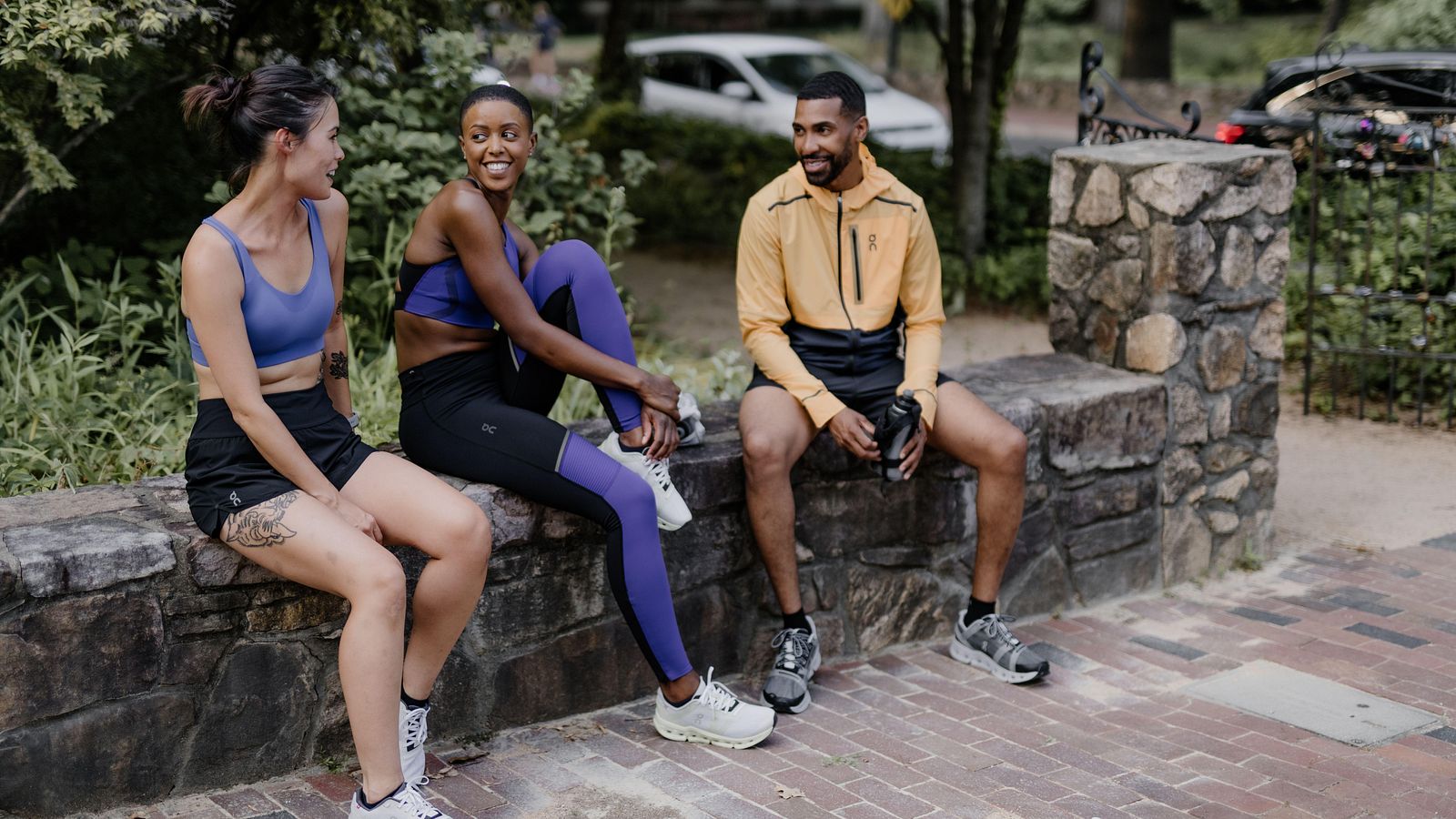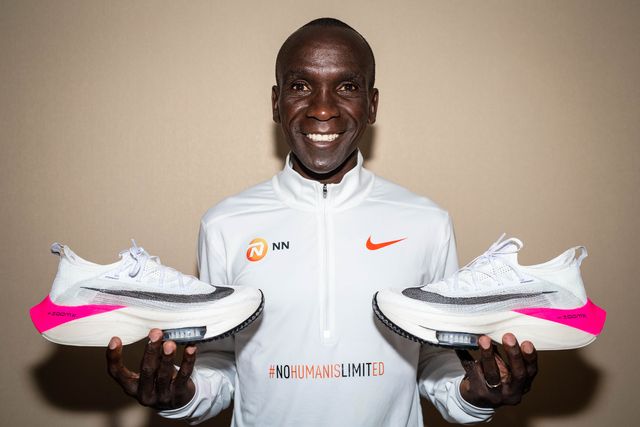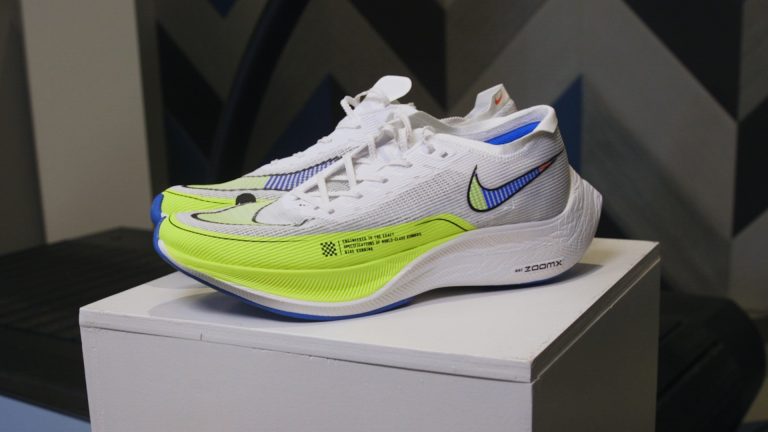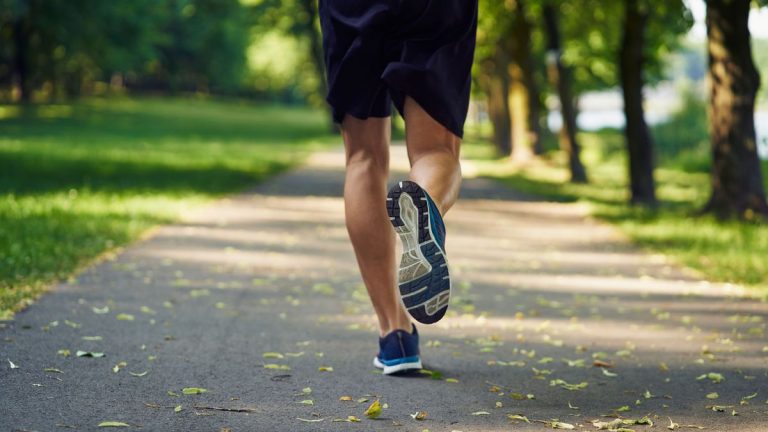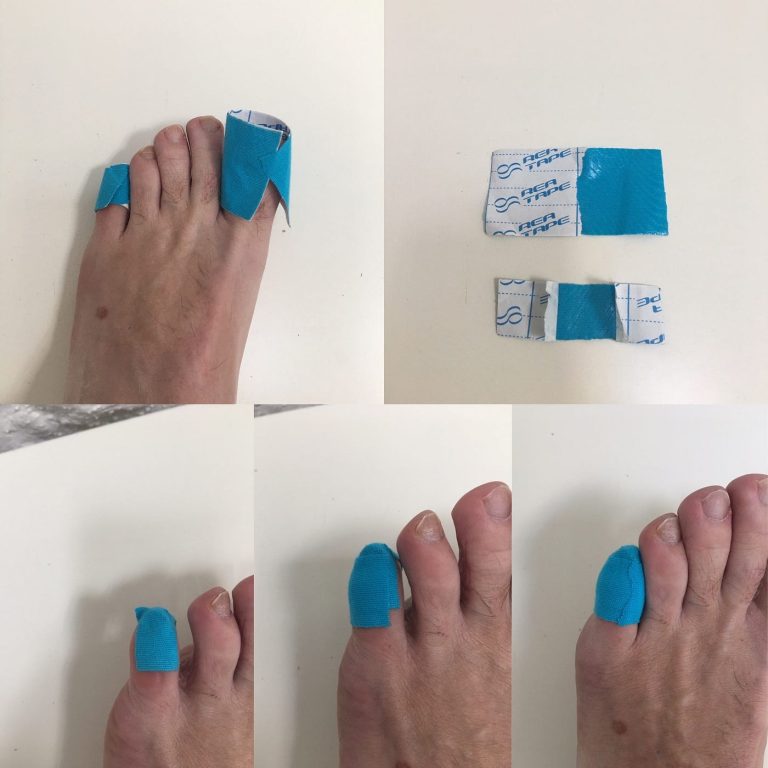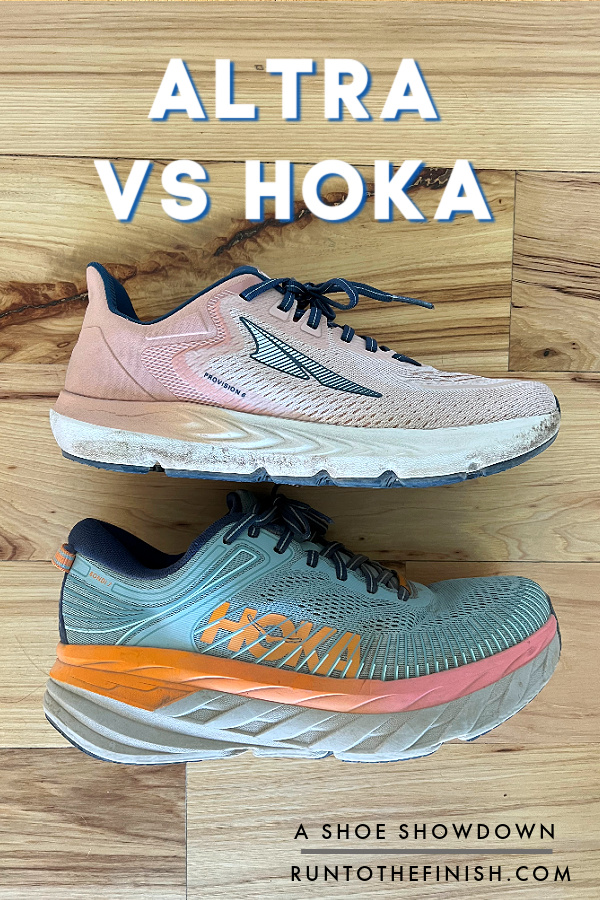What are the Gears You Need to Run a Marathon?
To run a marathon, you need the essential gear of proper running shoes and moisture-wicking clothing. These items help enhance performance and comfort during the race.
Running a marathon is a challenging yet rewarding experience that requires adequate preparation and the right equipment. In addition to shoes and clothing, other gear such as a sports watch, hydration belt, and energy gels can also be beneficial for long-distance running.
Ensuring that you have the necessary gear will help you feel confident and prepared on race day. Proper equipment plays a crucial role in your overall performance and can make a significant difference in your marathon experience. By investing in quality gear, you can optimize your performance and enjoy the journey towards completing a marathon.
Essential Gear For Marathon Running
Running a marathon requires not only determination and training but also the right gear. Having the essential gear can make your marathon experience more comfortable and help you achieve your best performance. In this article, we will explore the must-have gear for marathon running, including the importance of running shoes and moisture-wicking clothing.
Running Shoes
When it comes to marathon running, choosing the right pair of running shoes is crucial for both comfort and injury prevention. The perfect running shoes should provide adequate support, cushioning, and stability for the long distances covered during a marathon. Here are a few factors to consider when selecting your running shoes:
- Fit: Choose shoes that have a snug fit to prevent blisters and unnecessary friction.
- Arch Support: Look for shoes that provide the right amount of arch support based on your foot type.
- Shock Absorption: Opt for shoes with ample shock absorption to reduce the impact on your joints.
- Lightweight: Lightweight shoes can improve your overall performance and make you feel less fatigued.
Investing in a quality pair of running shoes that meet your specific needs can make a significant difference in your marathon journey.
Moisture-wicking Clothing
Marathon running can be intense and cause excessive sweating, making moisture-wicking clothing an essential gear choice. Moisture-wicking fabrics draw sweat away from your body, allowing it to evaporate quickly and keeping you dry during your run. Here are the reasons why you should opt for moisture-wicking clothing:
- Comfort: Moisture-wicking clothing prevents excessive sweating, reducing chafing and discomfort.
- Temperature Regulation: These fabrics help regulate your body temperature, keeping you cool in hot conditions and warm in cooler weather.
- Odor Control: The quick-drying nature of moisture-wicking fabric minimizes the growth of odor-causing bacteria.
- Lightweight and Breathable: These clothing options are often lightweight and breathable, allowing for maximum airflow and ventilation.
When selecting your running apparel, prioritize moisture-wicking fabrics such as polyester or nylon blends over cotton. This will ensure that you stay dry and comfortable throughout your marathon.
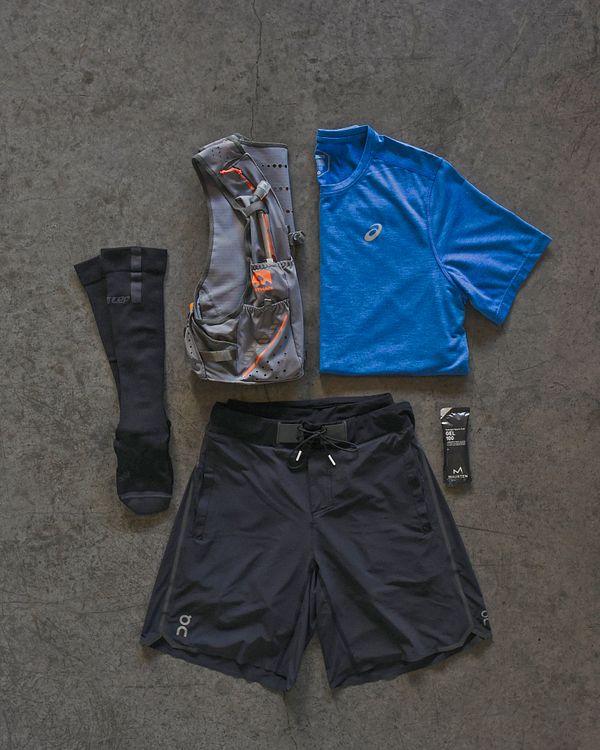
Credit: www.fleetfeet.com
Protective Gear
Socks And Compression Sleeves
Invest in high-quality, moisture-wicking socks to prevent blisters and provide cushioning.
Compression sleeves aid in circulation, reduce muscle fatigue, and enhance performance.
Sunscreen And Sunglasses
Apply sunscreen before your run to protect your skin from harmful UV rays.
Sunglasses shield your eyes from glare and debris, ensuring clear vision.
Hydration And Nutrition Essentials
Hydration Packs And Water Bottles
Staying hydrated during a marathon is crucial. Choose from a variety of hydration packs or water bottles to carry fluids comfortably.
Energy Gels And Snacks
Keep your energy levels stable with energy gels and snacks designed for endurance activities.
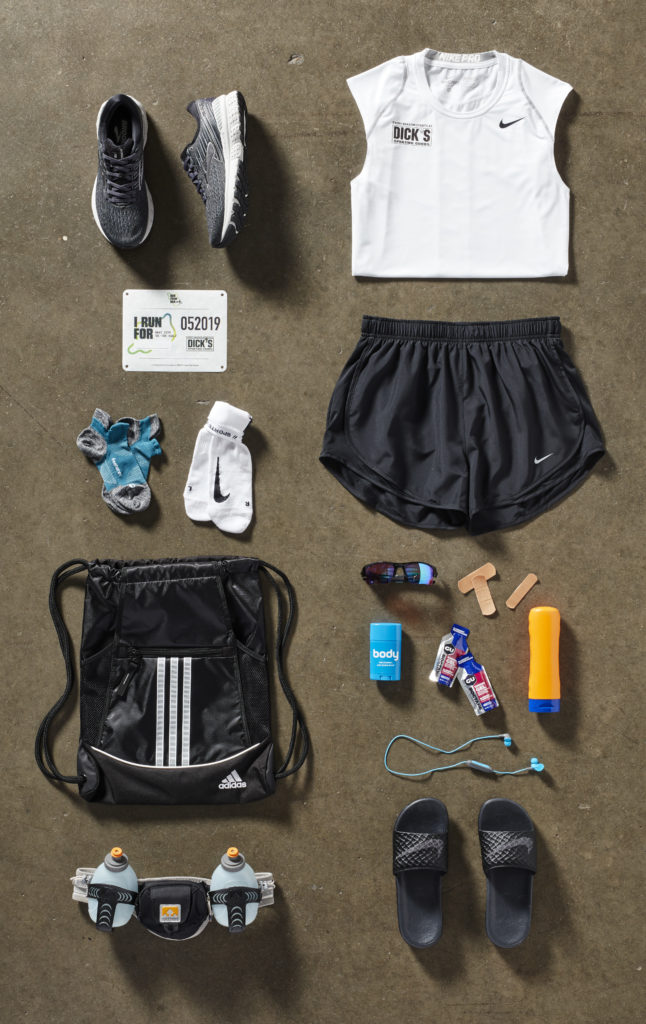
Credit: www.dickssportinggoods.com
Accessories For Comfort And Performance
Gear up with essential accessories for comfort and performance in marathon running. Invest in supportive running shoes, moisture-wicking clothing, a hydration belt, and a GPS watch to track your progress. These accessories will help you stay comfortable and perform at your best during the race.
Gps Watch Or Fitness Tracker
When it comes to marathon training, a GPS watch or fitness tracker can be a game-changer. These wearable devices provide you with real-time data that can help you track your pace, distance, and even heart rate. By monitoring these metrics, you can make adjustments to your training, ensuring that you’re on target for race day.
With a GPS watch or fitness tracker, you can easily map out your routes, ensuring that you’re covering the necessary distance during your training runs. This can be especially helpful if you’re following a specific training plan that includes varied distances and workouts.
Additionally, these devices often come with features like interval timers and customizable workouts, allowing you to optimize your training sessions. Having a GPS watch or fitness tracker on your wrist can provide a sense of accountability, pushing you to push through challenging workouts and stay motivated.
Body Glide And Anti-chafing Products
Running a marathon puts your body through a lot of stress, and one of the most common issues runners face is chafing. To prevent uncomfortable friction and painful chafing, it’s essential to invest in body glide and anti-chafing products.
Body glide is a handy balm that creates a protective barrier between your skin and gear, reducing friction and preventing chafing. It’s especially useful for areas prone to rubbing, like the inner thighs, underarms, and nipples. Applying body glide before your long runs can make a significant difference in your comfort level and help you avoid painful blisters and skin irritation.
In addition to body glide, you may also want to consider using anti-chafing creams or sticks. These products are specifically formulated to reduce irritation and provide long-lasting protection against chafing. They are often sweat and water-resistant, ensuring that they stay in place throughout your run.
Remember, prevention is key when it comes to chafing, and having the right products on hand can make your marathon training journey much more comfortable.
Post-marathon Recovery Gear
Post-marathon recovery gear is essential for aiding in muscle recovery, reducing inflammation, and alleviating soreness after completing a marathon. Proper recovery gear can help runners get back to training and normal activities more quickly, while also preventing injury and promoting overall well-being.
Foam Roller And Massage Tools
Foam rollers and massage tools are pivotal for post-marathon recovery. Foam rolling engages the muscles in a form of self-myofascial release, which can help to alleviate tightness and improve flexibility. Similarly, massage tools such as massage sticks and massage balls target specific muscle groups, promoting blood flow and reducing tension.
Compression Recovery Pants
Compression recovery pants are another essential piece of recovery gear for marathon runners. These pants apply graduated pressure to the legs, aiding in muscle recovery and reducing swelling. They also improve blood circulation and provide support to fatigued muscles, enhancing the overall recovery process.
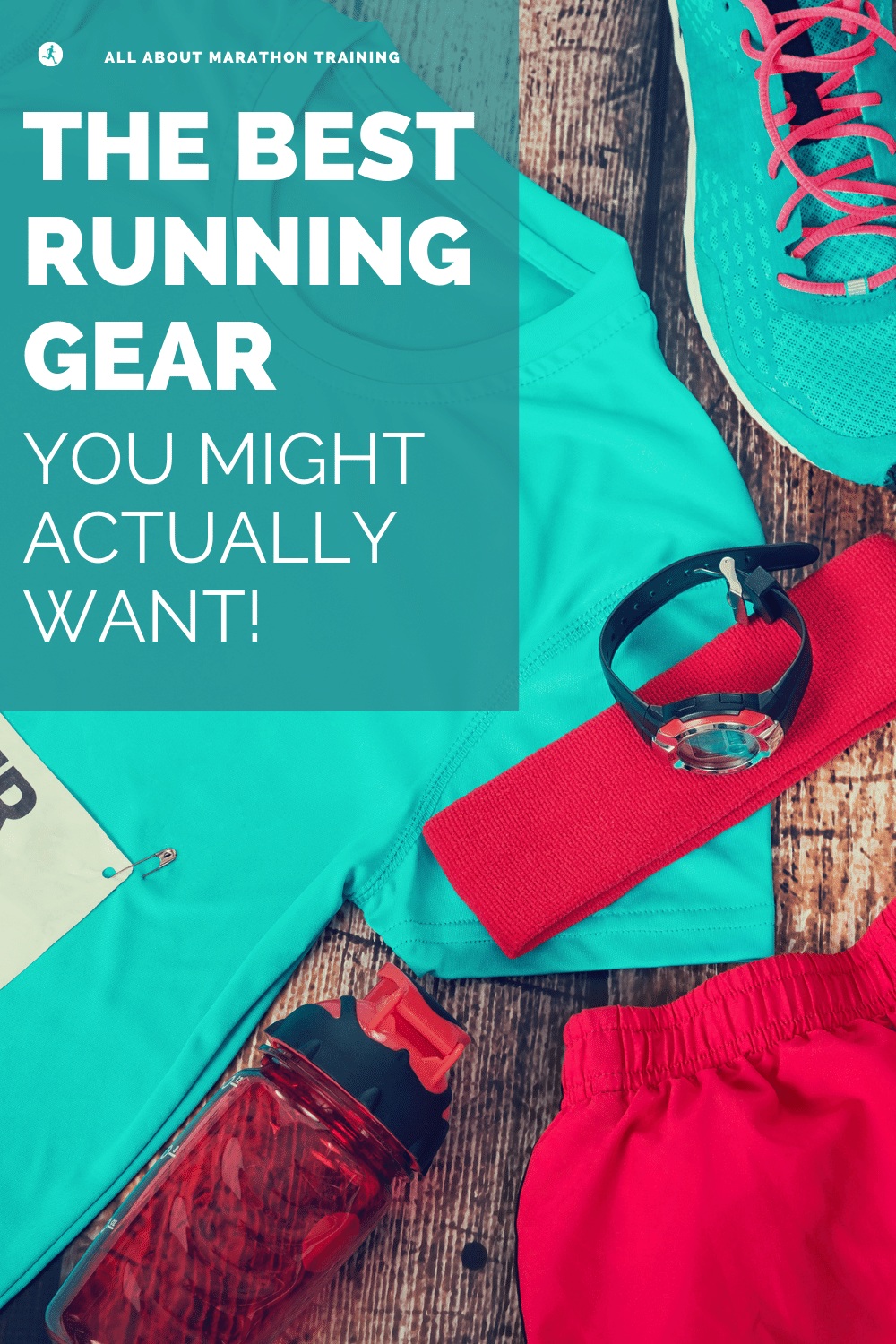
Credit: www.all-about-marathon-training.com
Frequently Asked Questions Of What Gear Do You Need To Run A Marathon
What Do I Need To Run A Marathon?
To run a marathon, you will need a few key things: proper training, a good pair of running shoes, comfortable clothing, a hydration plan, and mental determination. Make sure to train consistently, wear well-fitting shoes, dress appropriately for the weather, stay hydrated during the race, and stay focused on your goal.
What Is The Gear Check At Marathon?
The gear check at a marathon is where participants leave their belongings in a designated area. It ensures everything is secure while they race.
How Should I Dress For A Marathon?
For a marathon, opt for moisture-wicking clothing, well-fitted sneakers, and comfortable socks. Dress in layers to adjust to temperature changes. Avoid new gear on race day. Remember to wear your bib and carry any necessary items.
Conclusion
To conclude, the right gear is essential for successfully running a marathon. From comfortable running shoes to moisture-wicking socks and supportive sports bras, selecting the appropriate equipment can enhance your performance and prevent injuries. Additionally, don’t forget to invest in a reliable watch or fitness tracker to track your progress and pace yourself during training.
By prioritizing the right gear, you’ll be well-equipped to conquer the challenges of a marathon and achieve your fitness goals.

